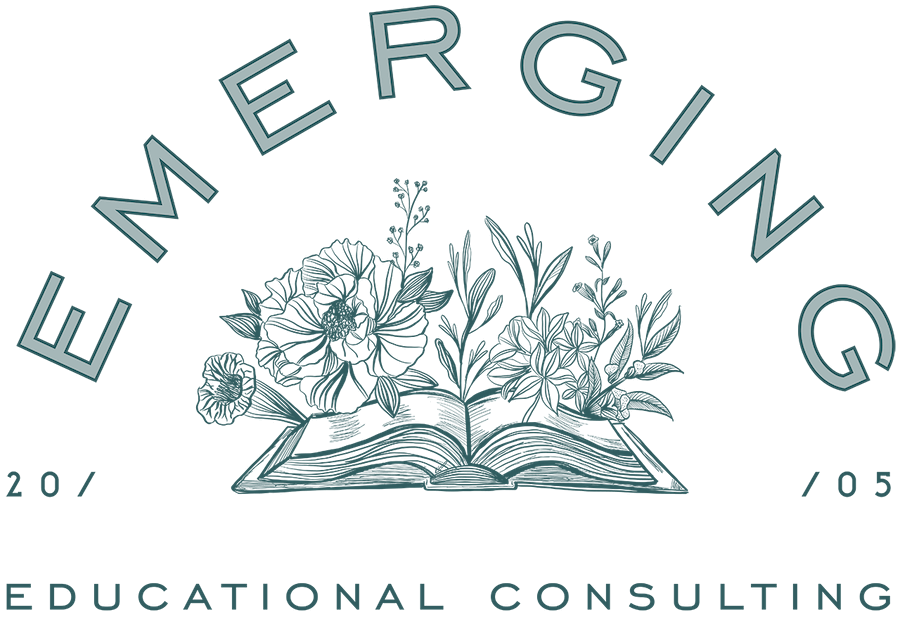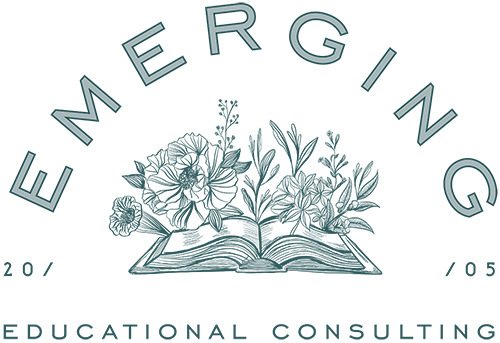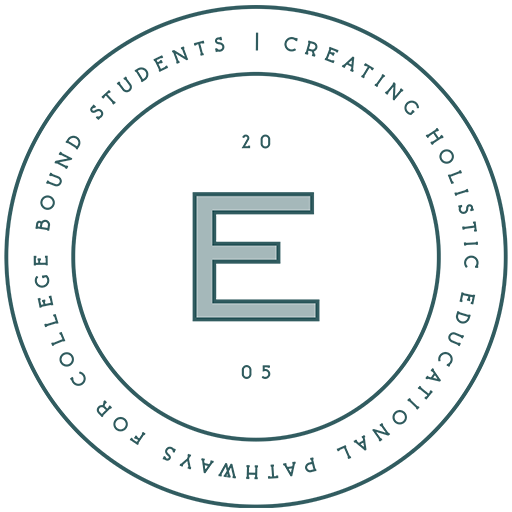When parents think about preparing their teens with ADHD for college, the focus often lands on test scores, accommodations, and organization systems. Those are important—but they’re not the whole picture.
There’s another side of college readiness that’s rarely talked about: the soft side. These are the relationship, resilience, and life management skills that determine whether a student thrives once they’re on campus. For students with ADHD, the soft side is often the difference between surviving college and truly flourishing.
In this post, we’ll explore the five most important soft skills for ADHD college success—and give you practical ways to start building them at home.
1. Building Authentic Friendships
In high school, friendships often form through shared classes, sports, or neighborhoods. College is different. Students with ADHD may need to be more intentional about creating and sustaining friendships.
Being a friend means more than hanging out—it’s about listening, following through, and showing up. For ADHD students who may struggle with distractibility or impulsivity, this requires practice.
Try asking:
- “What qualities do you value most in your friendships?”
- “What helps you feel connected to people?”
- “What’s one way you could reach out to someone new this week?”
For more on helping students navigate relationships, see Emerging’s Student Success Resources (link to your webpage).
Keyword focus: ADHD and friendships in college, ADHD social skills, ADHD college transition
2. Handling Conflict & Repair
Conflict is inevitable: roommates with different sleep schedules, group projects with uneven workloads, or friendships where feelings get hurt. Students with ADHD may either avoid conflict or escalate quickly, leaving relationships strained.
Teaching teens that conflict is normal—and that repair is possible—builds resilience. Repair is about acknowledging, apologizing briefly, and moving on.
Try asking:
- “When you think about times you’ve had a disagreement, what made it better—or worse?”
- “What helps you calm down when you’re frustrated with someone?”
- “What would repair look like if you upset a friend?”
Keyword focus: ADHD conflict resolution, ADHD communication skills, ADHD student life in college
3. Upleveling Social & Communication Skills
College requires a new level of social independence. Students will need to:
- Email professors professionally
- Join new groups and communities
- Manage group projects without withdrawing or dominating
ADHD can make these tasks challenging, but they’re learnable with practice.
Try asking:
- “If you needed to ask a professor for help, how would you go about it?”
- “What makes you feel comfortable when joining a new group?”
- “What helps you know when it’s your turn to speak—or when to listen?”
Want support in helping your student build advocacy skills? Explore Emerging’s College Consulting Services.
Keyword focus: ADHD advocacy in college, ADHD executive function skills, ADHD communication college
4. Managing Impulsivity & Emotional Regulation
For many students with ADHD, impulsivity and emotional flooding are major hurdles. College stressors—deadlines, relationships, and lack of structure—can intensify them.
The ability to pause, reflect, and redirect before reacting is one of the most powerful tools your student can develop.
Try asking:
- “What do you notice in your body when you’re starting to feel upset?”
- “What helps you hit pause before reacting?”
- “What strategy could you try the next time you feel frustrated?”
Keyword focus: ADHD emotional regulation, ADHD impulsivity college, ADHD coping strategies college
5. Using Resources & Anchors
Many ADHD students resist asking for help. They may assume supports are for “other people” or fear looking weak. But the most successful college students are those who know how to use resources wisely.
Key campus resources include:
- Disability services and accommodations offices
- Tutoring and writing centers
- Counseling and wellness services
- Academic advisors and office hours
Equally important are anchors: clubs, communities, and mentors that give students a sense of belonging.
Try asking:
- “What resources at your high school have been most helpful to you?”
- “Who could you imagine going to in college if you needed support?”
- “What kind of community would help you feel at home on campus?”
For help building a personal resource plan, see Emerging’s Parent & Student Guides.
Keyword focus: ADHD college resources, ADHD support services, ADHD student success strategies
Bringing It All Together
The soft side of ADHD college preparation isn’t about perfection. It’s about giving students opportunities to practice before the stakes are higher.
- Friendship skills build connection
- Conflict skills build resilience
- Social skills build confidence
- Impulse control builds independence
- Resource use builds support
These conversations don’t need to feel like lectures. They can happen casually—on a walk, during dinner, or while driving together. The goal is to create space for your student to reflect and prepare for the independence of college.
Final Thoughts
As a parent, your role shifts from manager to consultant. Instead of solving every problem, you’re equipping your teen with the confidence to try, fail, repair, and grow.
College is not about doing everything perfectly—it’s about developing the resilience to navigate challenges. By focusing on the soft side now, you’re helping your student step into independence with confidence and hope.
Want to learn more about how to prepare your ADHD teen for college success? Visit Emerging’s College Consulting Services or schedule a consultation.
Recommended Resources
- ADDitude Magazine: ADHD and College Transition Tips
- CHADD: ADHD and Higher Education Resources
- Emerging Consulting: Parent & Student Resources
- Emerging Consulting: College Consulting Services




